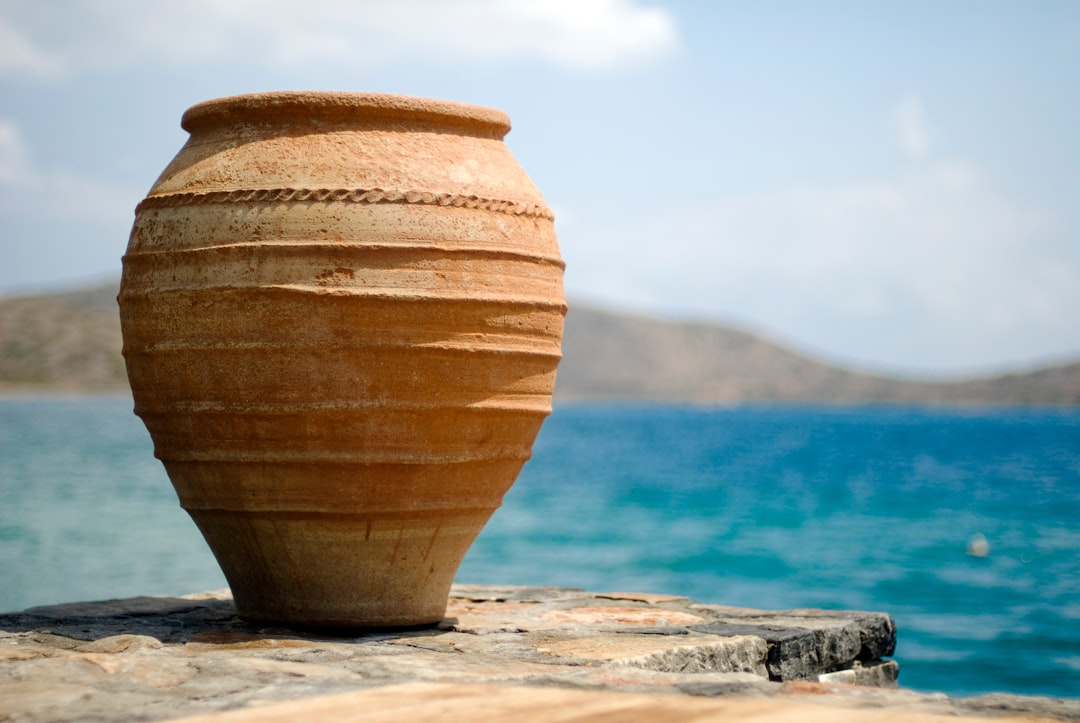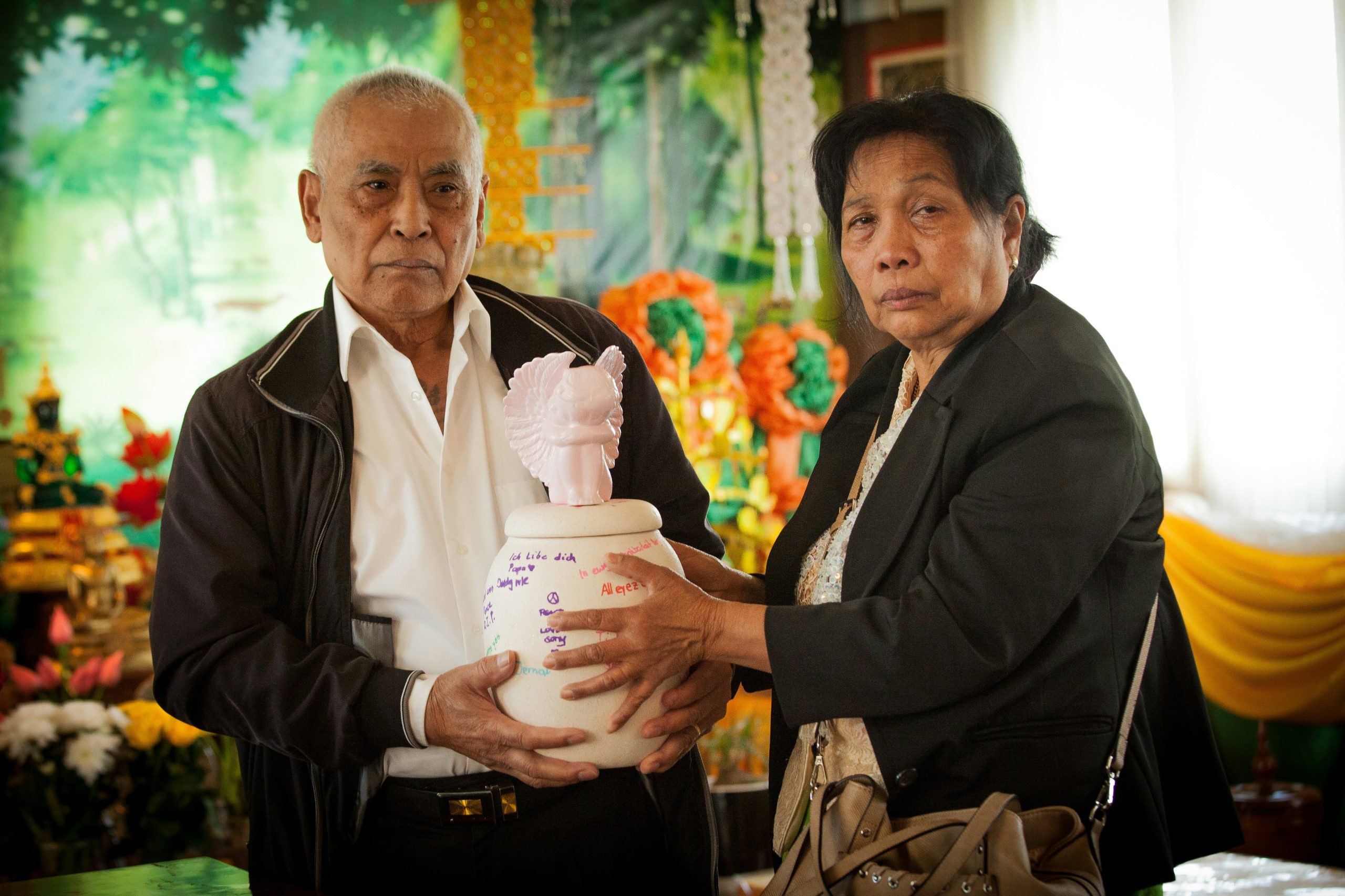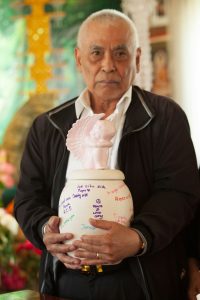The Emotional Significance of Urns in Memorial Services

The utilization of an urn in memorial services extends beyond mere practicality; it embodies profound emotional significance within the grieving process. Symbolizing permanence amid impermanence, an urn serves as a tangible manifestation of memory and love, prompting survivors to engage in a reflective journey through their loss. Cultural variations in urn usage further illuminate the diverse interpretations and rituals associated with remembrance, showcasing how different societies imbue these vessels with unique psychological and spiritual dimensions. Ultimately, the thoughtful selection and placement of an urn can facilitate transformative commemorative rituals, fostering healing and closure for the bereaved.
- The Role of Urns in the Grieving Process
- Cultural Variations in urn Usage and Symbolism
- Key Cultural Perspectives on Urns:
- Comparative Analysis of urn Symbolism
- Psychological Impact of urn Selection on Survivors
- The Transformative Power of Urns in Commemorative Rituals
- Frequently Asked Questions
- What is the emotional significance of urns in memorial services?
- How do cultural differences influence the use of urns in memorial services?
- Can the choice of materials for urns affect the emotional experience of mourning?
- What role do personalized urns play in memorialization?
The Role of Urns in the Grieving Process
Urns serve a profound role in the grieving process, acting as both a physical container for ashes and a symbol of memory and remembrance. By providing a tangible representation of a loved one, urns facilitate the emotional transition from physical presence to memorialization.
Key aspects of the role of urns include:
- Emotional Anchoring: An urn anchors memories, allowing mourners to engage with their grief actively. The presence of an urn can stimulate reminiscence, providing solace and a focus for shared memories.
- Personalization: Many urns come in various designs, materials, and sizes, allowing families to choose one that resonates with the deceased’s personality. Such personalization enhances emotional connection and serves as a reminder of the unique life.
- Ritual Significance: The act of placing remains in an urn often involves a formal ritual, which can be cathartic for survivors. This ritual serves as a pivotal moment in acknowledging loss and beginning the healing process.
In essence, the urn not only honors the departed but also supports the surviving individuals’ emotional journey, allowing them to navigate their grief with both comfort and dignity.

Cultural Variations in urn Usage and Symbolism
Cultural interpretations and usage of an urn reflect diverse societal values and beliefs regarding death and remembrance. This multifaceted nature of urns encapsulates a range of symbols and practices, which can vary greatly across different cultures.
Key Cultural Perspectives on Urns:
- Eastern Traditions:
- In cultures such as Hinduism, urns play a critical role in the cremation process. The ashes are often placed in river waters, symbolizing the merging of the deceased’s soul with the universe.
- Western Customs:
- Western cultures may view urns primarily as memorial vessels, designed to honor the deceased’s legacy. These urns often feature personalized engravings, reflecting the individual’s life story.
- Indigenous Practices:
- Many Indigenous cultures utilize urns made from natural materials, underscoring the connection between the land and the spirit. The design may incorporate elements from nature, symbolizing harmony and continuity.
Comparative Analysis of urn Symbolism
| Culture | Symbolism of the urn | Common Materials Used |
|---|---|---|
| Hindu | Emphasis on rebirth and spiritual release | Clay, metal, and stone |
| Western | Commemoration and permanent remembrance | Ceramic, glass, and wood |
| Indigenous | Connection to nature and ancestral spirits | Natural fibers, clay, wood |
In summary, the urn serves not merely as a container but as a profound symbol intertwined with cultural identity and human emotions, enriching the grieving process across varying cultural landscapes.
Psychological Impact of urn Selection on Survivors
The selection of an urn profoundly influences the psychological state of those experiencing loss. As survivors navigate through their grief, the connection established with the chosen urn can significantly affect their emotional well-being. The following factors elucidate this impact:
- Symbolic Representation: An urn serves as a tangible symbol of the deceased, encapsulating cherished memories and relationships. This tangible aspect empowers survivors, facilitating a sense of continued connection.
- Personalization: Personalizing an urn—through design, materials, or engravings—affords survivors a means to express individual grief and celebrate unique life narratives, fostering healing.
- Sense of Control: In the wake of loss, survivors often grapple with feelings of helplessness. Selecting an urn reinstates a degree of agency, enabling individuals to make meaningful decisions grounded in love and memory.
- Social Context: Engaging with an urn during memorialization rituals cultivates communal support. Such shared experiences promote collective healing, emphasizing the importance of addressing grief collaboratively.
In summary, the choice of an urn significantly impacts the grieving process, reinforcing emotional connections while promoting healing through personalization and communal engagement.
The Transformative Power of Urns in Commemorative Rituals
The utilization of an urn in commemorative rituals embodies profound transformative significance. These vessels facilitate not only the preservation of ashes but also the intricate process of mourning and remembrance. This section elucidates the salient aspects of how urns contribute to the integral fabric of memorial services.
- Physical Representation: An urn serves as a tangible embodiment of the deceased’s legacy, evoking memories and emotions. Different materials, designs, and colors evoke diverse sentiments, allowing families to select an urn that resonates with their loved one’s essence.
- Ritualistic Focus: During commemorative ceremonies, the urn becomes a focal point, guiding participants through the grieving journey. Its presence aids in fostering connection, as individuals gather around it to share stories, evoking a shared mourning experience.
- Personalization: Families often customize urns with inscriptions, motifs, or symbols that reflect the deceased’s life or passions. This personalization enriches the ritual, creating an intimate atmosphere conducive to healing.
In summary, the urn transforms the often abstract concept of loss into a concrete, communal experience, thus enhancing the significance of commemorative rituals. Its multifaceted role supports not only the grieving process but also the healing journey for survivors and the living.

Frequently Asked Questions
What is the emotional significance of urns in memorial services?
Urns serve as profound symbols of memory, respect, and remembrance during memorial services. Their significance is deeply intertwined with the preservation of the deceased’s identity, allowing loved ones to engage in a tangible connection with the departed. The material and design of the urn can also reflect the personality and interests of the deceased, providing solace and facilitating a space for reflection. As repository of ashes, urns facilitate communal grieving, enabling attendees to honor the life lived and the legacy left behind.
How do cultural differences influence the use of urns in memorial services?
Cultural context plays a crucial role in shaping the use and symbolism of urns across various memorial services. In some cultures, urns are regarded as sacred vessels, while in others, they may possess simpler functions. For instance, in Eastern traditions, cremation is often accompanied by intricate rituals involving the urn, representing a transition rather than an end, while Western societies may utilize urns primarily for containment of ashes. These variances significantly impact the grieving process and communal expressions of loss, highlighting the interplay between culture and mourning practices.
Can the choice of materials for urns affect the emotional experience of mourning?
The choice of materials for urns indeed resonates with the emotional landscape of mourning. Natural materials such as wood or stone often evoke a sense of permanence and connection to the earth, which can provide comfort to the bereaved. Alternatively, ceramic or glass urns may embody fragility, highlighting the transient nature of life and evoking deeper introspection. Ultimately, the selected material can influence how mourners perceive their loss and connect with the memories of the deceased, impacting their bereavement journey profoundly.
What role do personalized urns play in memorialization?
Personalized urns play a pivotal role in the memorialization process by encapsulating the unique essence and individuality of the deceased. Customizations, such as engravings, portraits, or thematic designs tied to the deceased’s life, enhance the emotional connection for mourners, allowing them to interact with the memory of their loved one on a more intimate level. By personalizing urns, families foster a sense of closeness, turning an ordinary object into a sacred symbol that embodies the narratives, values, and cherished moments of a life lived.




